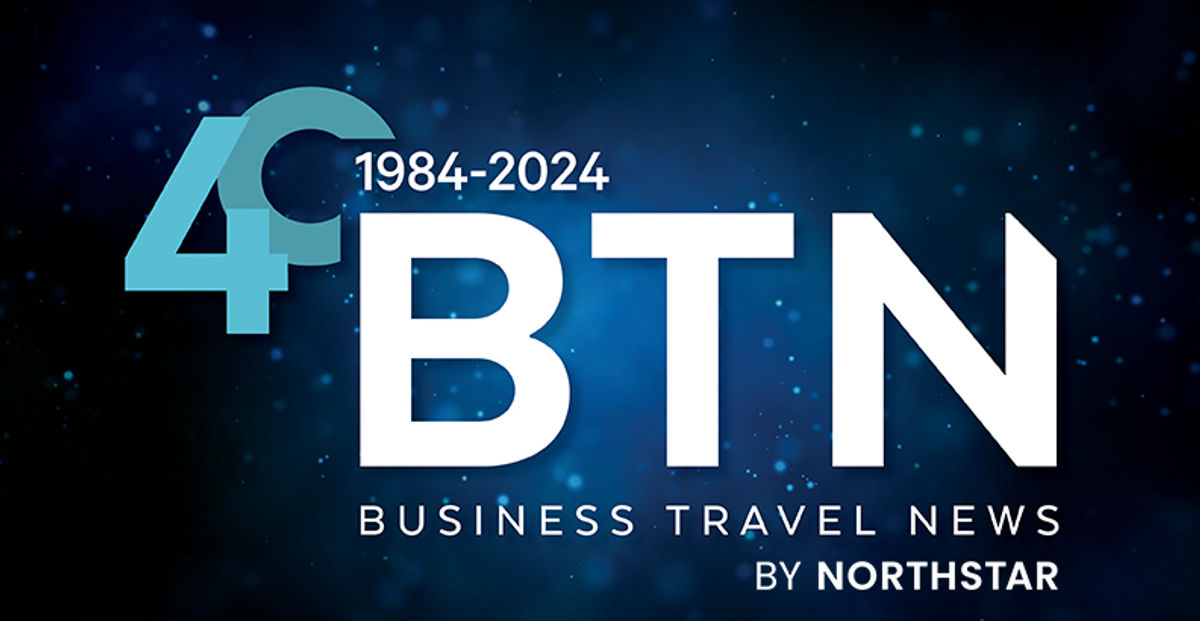Pana Cofounders Ready to Reclaim Guest Travel Turf with Juno
The founders of guest travel management app Pana are returning to the corporate travel space next year with a new guest travel management app, Juno, for which they are already building a pilot group.

The founders of guest travel management app Pana are returning to the corporate travel space next year with a new guest travel management app, Juno, for which they are already building a pilot group.
Devon Tivona, former Pana CEO and cofounder alongside Sam Felsenthal, had been on sabbatical from the corporate travel industry since May, when he left his role as head of travel and expense for Coupa, which had acquired Pana a few years prior. Pana already had spun down its Pana Guest capabilities, which earned it both the Innovator of the Year and People's Choice awards at BTN's Innovation Faceoff in 2019. It instead was serving as the base technology for Coupa's newly launched travel booking module—which Coupa last summer announced that it would phase out over the course of the next year.
As the timeline for the Pana platform winds down, Tivona said he and Felsenthal had been hearing from former customers seeking a replacement for Pana. While some travel management companies have launched guest management solutions in the meantime, the customers told them that nothing had quite filled the void from Pana's departure from the space, he said.
"They told us there was nothing that had the prescriptive, guided end-to-end nature of what we had built, which solved a lot of the traditional pain points with guest travel," Tivona said. "We said if the opportunity is still there, and customers still need us to build a solution, we'll just build it again, but stronger, better and faster than before."
Tivona and Felsenthal plan to launch that solution, Juno, in the second quarter of 2025, handling the pain points of coordinating and booking guest travel as well as the financial side of guest traveler management. Juno is not going to simply be Pana 2.0, however, as it will incorporate the lessons Tivona and Felsenthal learned the first time around with Pana—which itself was not originally launched as a guest travel solution, Tivona said.
For one, while Pana launched first with smaller clients and worked its way up to larger customers, Juno will be "enterprise-ready on day one," Tivona said. Juno will be an "open platform" able to work with any travel management company, but because TMC integrations "take a while," it will launch with a "pre-integrated" TMC partner, which Tivona said is currently in the final selection process.
"Customers will have the option to contract with Juno for both the technology and the service," he said. "Or, if they want to bring their own TMC along, they can, but that's probably late 2025 or 2026, because we're working on TMC timelines then."
Juno's service strategy also will differ from Pana's, Tivona said. When Pana launched, TMCs did not have the chat service capabilities they have today, so Pana employed its own team of agents—about 150 at its peak—to service clients via chat. Now that TMC chat capabilities have evolved, Juno will be "focused on being a technology company," letting TMC partners handle the chat servicing element. As an added advantage, that will enable service to escalate to a human agent when necessary during travel disruptions, he said.
"Back in the Pana days, we didn't do phones," Tivona said. "We were millennials who believed that everything could be resolved through chat, and we're gracefully saying we were wrong. When you're stranded in an airport, and you want to speak to a real human being, you should be able to access that."
However, Tivona said that Juno is coming with the idea that 95 percent or more of trips will be "just a technology experience" for travelers, in which they are guided through the booking and expense process, with simple changes and basic questions able to be triaged by AI.
On the payments side, Juno has a financial product called the Juno Spend Account, a single account from which a company gets a monthly invoice. That account can cover air, ground and incidentals, and the customer can pay the invoice and upload the CSV file to their ERP.
Even with enterprise clients in focus at Juno's launch, the plan is to "work with across the spectrum," Tivona said. "Some of our high-growth customers needed a guest tool before they needed a transient travel tool, because they were a young company and were still getting away with expense reports but had a logistical pain on the recruiting side."
Tivona said about half of the slots for pilot customers have been filled, so he's still bringing in a limited number of additional pilot customers. "We don't want to accept too many customers on day one to make sure we give them a great experience," he said.
The name Juno also is a bit of a callback to Pana, Tivona said. As "pana" is used for a friend and confidante in many Latin American regions, referring to the app's mission as someone to support a traveler on the road, Juno carries that idea into Roman mythology. "Juno was the queen of the Roman gods and known as the protector of Rome, so we linked this idea of a guardian watching over our travelers as they are on the road," he said.

 JaneWalter
JaneWalter 
































.jpg&h=630&w=1200&q=100&v=f776164e2b&c=1)